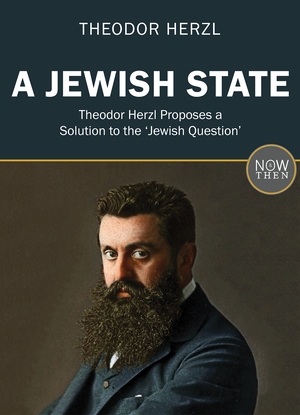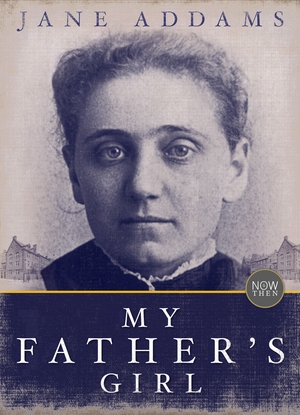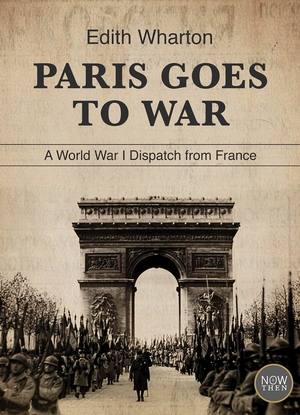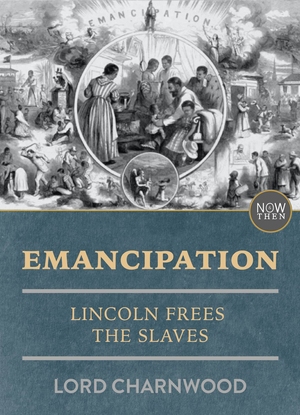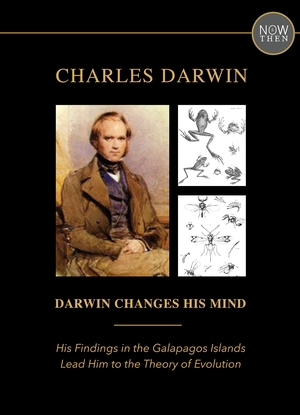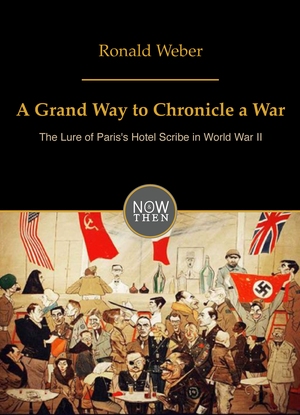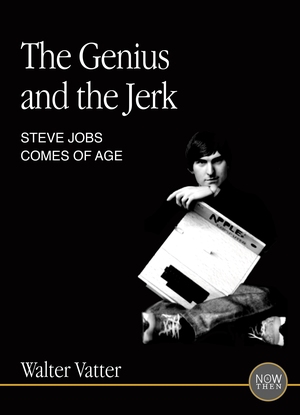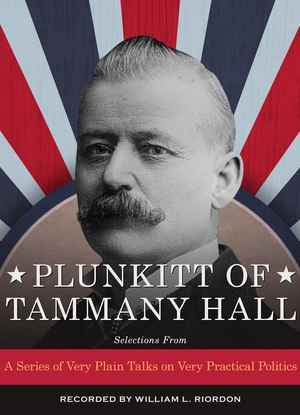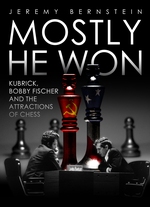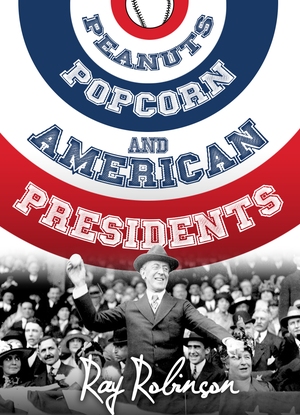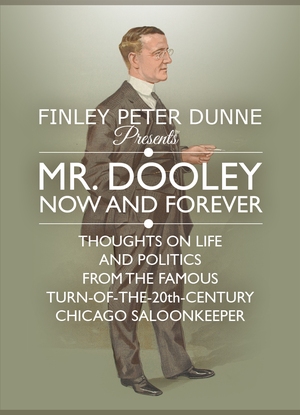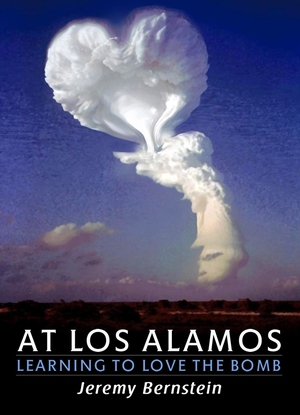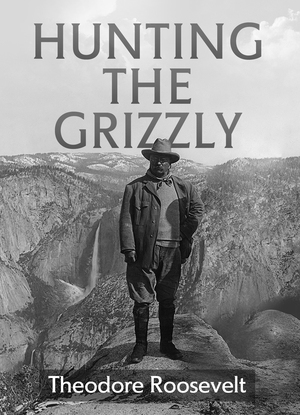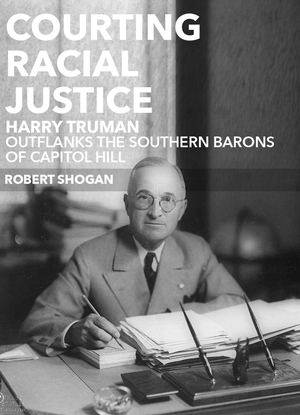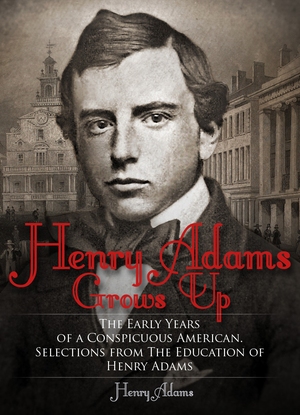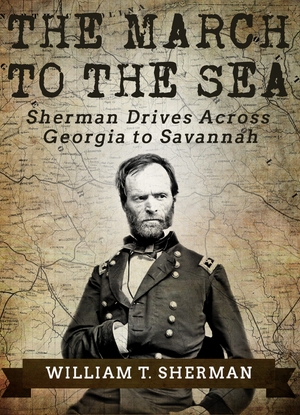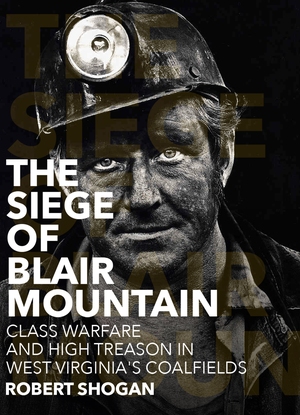American History Titles
Browse our American History titles listed below.
by Ray Robinson
United States History, American History, U.S. History, Sports History, SportsNo politician who yearns for the White House would dare turn his back on the National Pastime. Ray Robinson surveys the presidential attitude toward baseball since the early twentieth century, separating the enthusiasts from the pretenders.
Thoughts on Life and Politics from the Famous Turn-of-the-20th-Century Chicago Saloonkeeper
by Finley Peter Dunne
United States History, Political Science, American History, U.S. History, U.S. GovernmentMr. Dooley, a turn-of-the-20th-century Irish saloonkeeper from Chicago’s Archer Avenue (“Ar-rchey Road,” he called it) on the city’s southwest side, was the creation of Finley Peter Dunne, a Chicago newspaperman. Mr. Dooley analyzed world affairs for the equally fictitious Mr. Hennessey, and his opinions went out to the real press and the reading public. They are current—and funny. The problems confronting America a hundred years ago are among those that remain unsolved today.
Learning to Love the Bomb
by Jeremy Bernstein
United States History, Military History, American History, U.S. History, U.S. GovernmentThe atomic bomb was developed at government laboratories in Los Alamos, New Mexico, by a team of outstanding physicists under the direction of J. Robert Oppenheimer. Upon seeing the results of the first detonation of an atomic device, the test director Kenneth Bainbridge is said to have remarked to Oppenheimer, “Now we are all sons of bitches.” Yet the physicists could scarcely contain their fascination with what they had wrought, as Jeremy Bernstein finds in this report from ground zero.
by Theodore Roosevelt
American History, U.S. History, Sports History, EducationOn his Dakota ranch, Theodore Roosevelt learned to ride Western style, rope, and hunt. Already at twenty-seven a serious historian and author, he began writing about the frontier life. His account of confrontations with grizzly bears shows us how unusual was this American president.
Harry Truman Outflanks the Southern Barons of Capitol Hill
by Robert Shogan
United States History, Political Science, American History, U.S. History, U.S. GovernmentPresident Harry Truman skirted Congress and boldly used the Justice Department to support the rights of black Americans. How he did it, and his effort’s lasting consequences, are told in this sharply observed account.
The Early Years of a Conspicuous American / Selections from The Education of Henry Adams
by Henry Adams
United States History, American History, U.S. History, U.S. Government, BiographyHenry Adams, whose distinguished family had a tradition of service to the nation, thought himself a comparative failure because his instincts ran toward literature and spiritual adventure. In his autobiographical Education he tried to make sense of his own path in a changing America.
Sherman Drives Across Georgia to Savannah
by William T. Sherman
Military History, American History, U.S. HistoryThe most controversial Civil War general was William T. Sherman, an indelible figure whose march through Georgia and the Carolinas typified his unrelenting style of warfare that showed the South no quarter. Sherman’s Memoirs may not be as direct as Grant’s, but they make no compromise. They are the work of an intelligent and literate man who brought to modern warfare a new sensibility that was later to become a subject of ongoing debate. Here is his account of the march from Atlanta to Savannah in November and December 1864, the prelude to Confederate surrender.
Class Warfare and High Treason in West Virginia's Coalfields
by Robert Shogan
United States History, Political Science, American History, U.S. HistoryThe so-called Roaring Twenties were not only about loose morality and a devil-may-care display of opulence. In the byways of America, working men and women were seeking labor justice and struggling against the entrenched powers of capitalism. Nowhere was this struggle more poignant and important than in the coalfields of West Virginia. There in the 1920s the United Mine Workers confronted the coal operators who sought to bust their union. The ensuing conflict, violent and bloody, had much to say about the future of relations between working people and their bosses in America.
